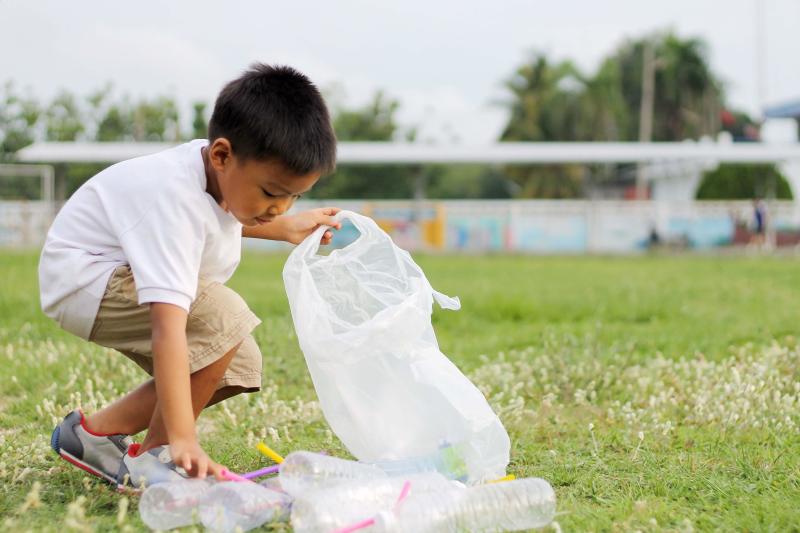Today exists the largest generation of young people ever known. Technologies like social media and mobile phones have created a better-connected generation than ever before, awakening in them a new sense of power and potential. Around the world, youth have shown that they can provide the energy, creative ideas and determination to drive reform and are demanding institutions to become more responsive to their needs and aspirations.
But young people also face challenges. Social exclusion, lack of rights, gender-based violence, poverty and many other issues must be overcome before young people can fully exercise their potential.
One way in which young people can be supported is through participation. Through active participation, young people are empowered to play a vital role in their own development and that of their communities, helping them learn vital life-skills, develop knowledge on human rights and citizenship, and promote positive civic action. However, to participate effectively, young people must be given the proper tools, such as information, education and access to a wide range of experiences and opportunities from which they can grow.
What young people get from being involved
It doesn’t matter what young people do. Any involvement is good!
Positive role models
By getting involved with community activities, young people come into contact with positive adult role models other than their parents. In addition, interacting and cooperating with other adults encourages them to see the world differently and put their own family experiences and values into a broader context.
Identity and connection
Young people are busy working out who they are and where they fit in the world. They try out different identities, experiment with varying dress styles, and try out a range of other activities and hobbies. Being involved in community activities can give them a positive way of understanding who they are. As a result, they might come to see themselves as helpful, generous, or just a ‘good’ person in general. Being involved in community activities can also help create a sense of being connected to the community.
Skills
Community activities give young people the chance to learn new skills and apply ones they already have. For example, your child could use the cooking skills they have learned at home at a community barbeque or a local soup kitchen. This kind of experience lets them see how many skills they have and how valuable they can be.
Self-confidence, mental health and wellbeing
Finding a community activity can boost young persons self-confidence and self-esteem. They can learn to deal with various challenges, communicate with different people, and build up their life skills and abilities in a supportive environment. Community connectedness is an essential factor in positive mental health and wellbeing.
It can be very positive for young people to have something that gets them involved, where others expect them to turn up and take part, and where they’re supported to achieve something as part of a group.
Encouraging community involvement
Start early
There are lots of ways for young people to be involved from early on. Children can also be more naturally involved when they see their parents doing it. Finding the time to develop these early childhood networks with other families and local groups helps to encourage later involvement. Children are also more likely to get involved if their friends are. As children enter adolescence, peers become more influential in their lives. One way of encouraging community involvement might be to suggest that your child undertake an activity with a friend who might already be involved in the community.
Model community involvement
Take your child with you if you drop a meal off to a new parent or help someone move furniture. You could also take them to a rally or political event so they can see other young people engaged in broader community issues.
Build on what your child is already doing
If your child isn’t that interested in community activities, one option is to accept this and keep an eye out for future opportunities. But if you feel a push in the right direction is needed, you could try to build on things they already do.
For example, if your child is on the debating team at school, they might enjoy a junior Toastmasters group or an opportunity to speak up on a youth issue. If they enjoy team sports, they could help out with some junior coaching. If they have done some fundraising at school, they might like to put this experience into practice by raising interest and funds for a new skate park.
Helping Them to Connect To The Community
One of the easiest ways to get young people involved is to invite them to participate in your own community project. Let them see you take an active role in the community in which they live.
If you don’t have a community project, check out our list of projects that you could become involved in, there are lots to select from, and you may find one that your whole family could become a part of.
If you are looking for a role or project for a young person, we have a wide range of possibilities for them to consider. Check them out here.
Still not sure where to start? Give our team a call on 06 391 5476.
No matter your age, there is a place for you in our community of volunteers.
